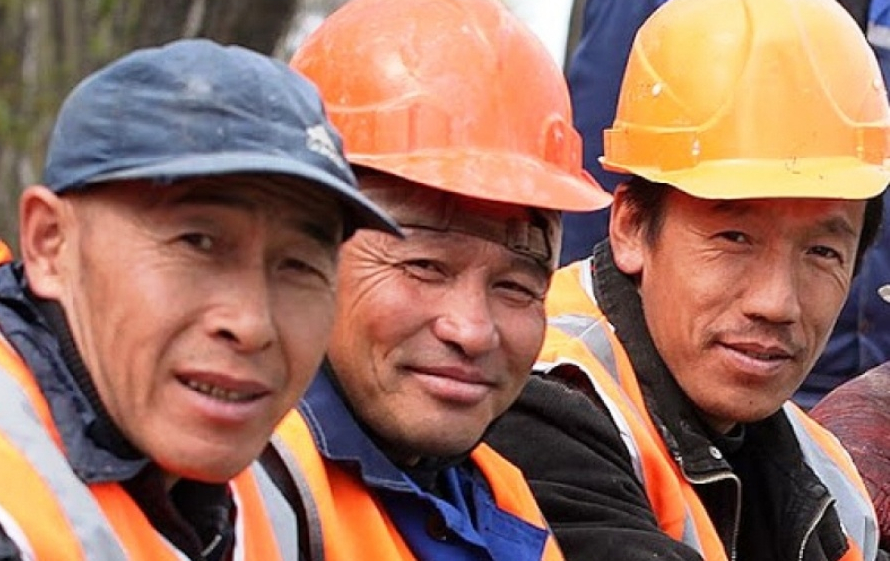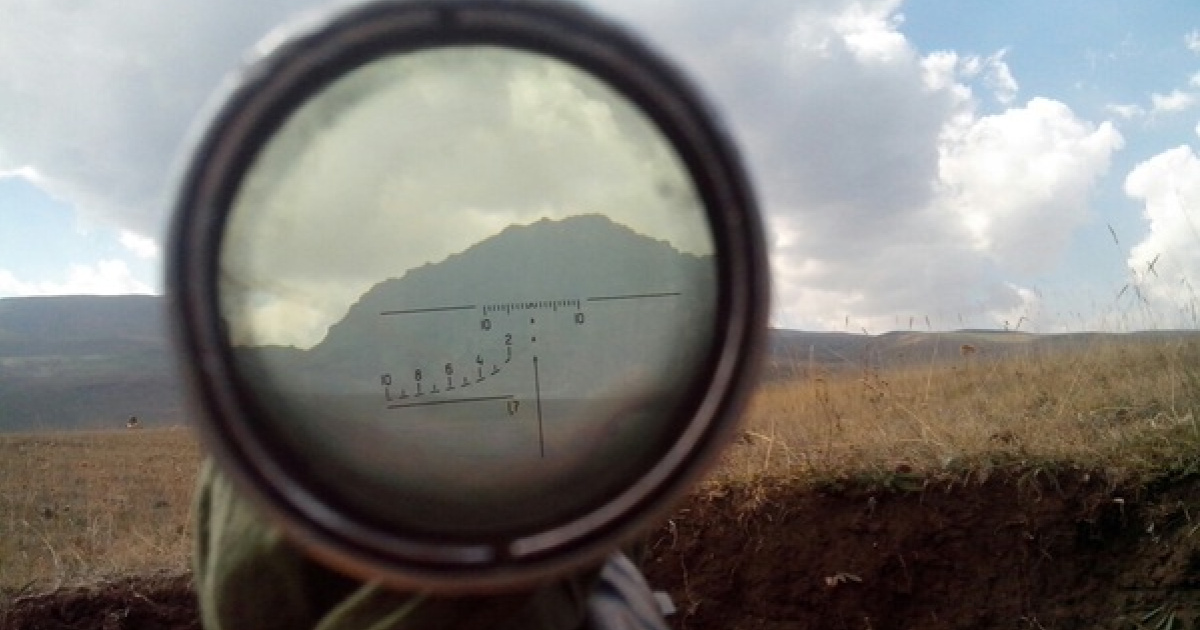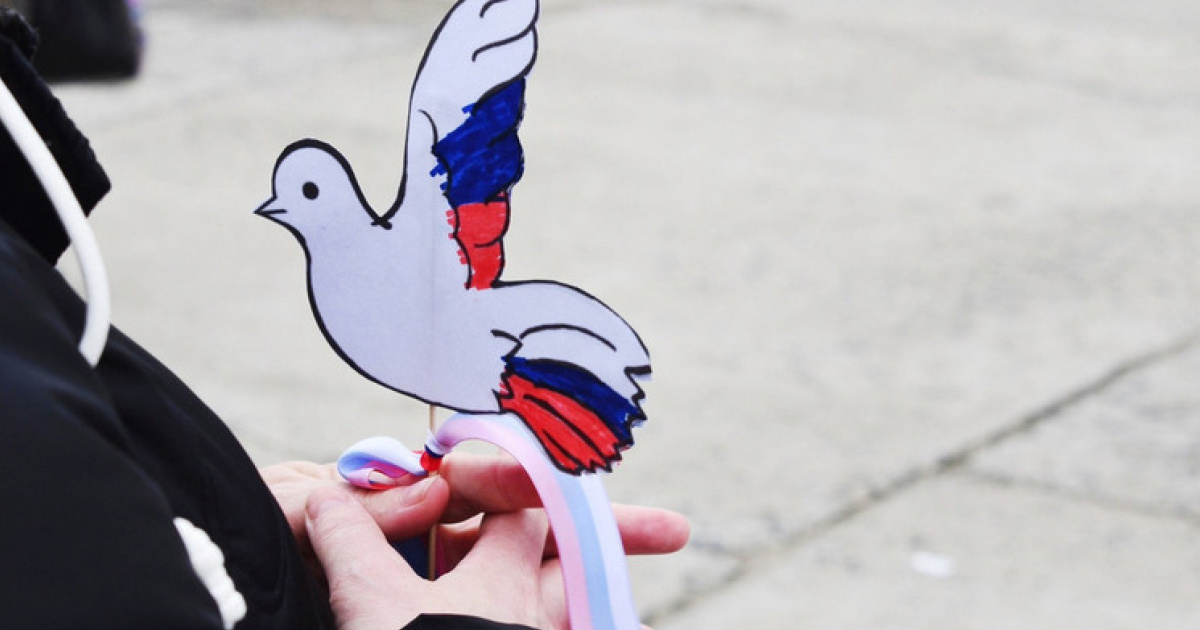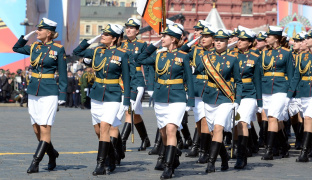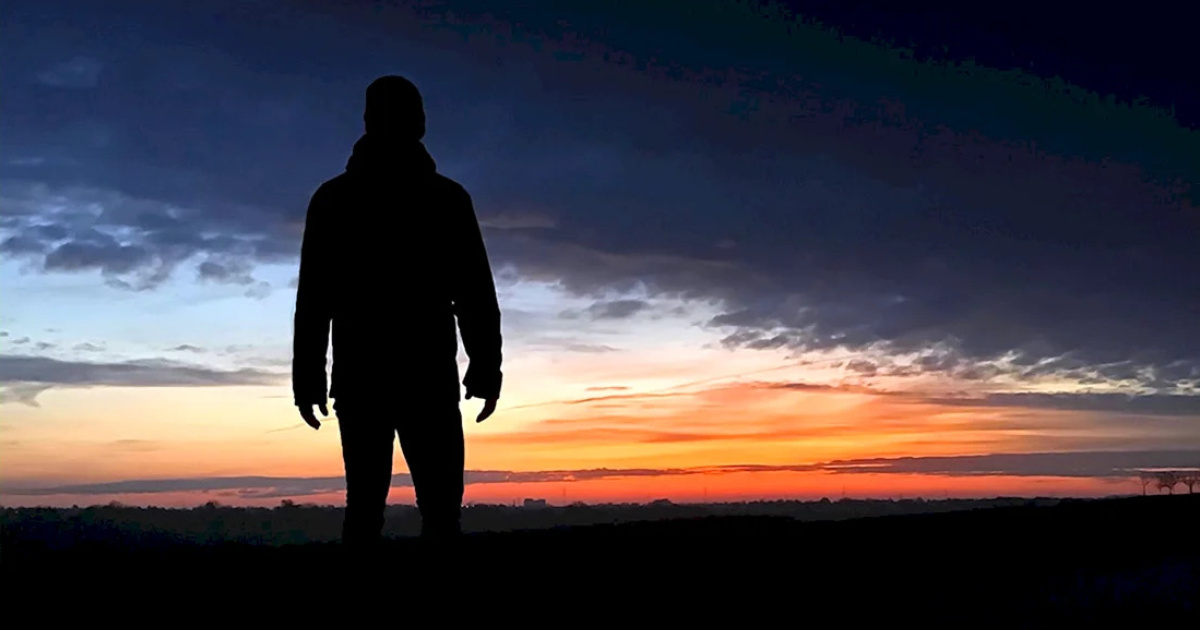This article is a start of OstroV’s series of articles that, in fact, are diaries of a woman living in occupied Luhansk. Being a Luhansk native resident, a teacher at a university, she lives through her feminine essence the war, describing it, with the so-called consumer’s point of view. War, politics, the battle of ideas and ideologies do not cancel human desire of people simply to live, believe in the best, wait for the heat...
The first article represents collected and summarized records of the period from summer to autumn of the last year. In the future "Luhansk diaries" will give the actual picture of the lives of ordinary people in the puppet "LPR".
It so happened that in July 2014, my mother and I decided to stay in Luhansk. My son was a year and a half, and it did not solve anything. I had a job, no one was waiting for us, and most importantly, our house, which we love, made us stay. And to leave a private home means to buy a single ticket, there will be nowhere to return. On the first week when a house left in our street was broken into, the window was taken out and they stole everything. And yet we naively believed that nothing so terrible could happen. There was some supply of food, and a filled freezer and confidence that everything will be fine...
End of July and August 2014. Our supply of food in the freezer spoilt in the first week due to the fact that there was no light. Our pore and pump proved inadequate in the absence of electricity, and there was no hammer. During 63 days without light, we spent the entire supply of candles: floating, aromatic, ornamental. At night I read at a burning candle and in the morning I cursed myself for unjustified use.
63 days without light and communication, 48 days without water, half a day without gas. And yet one would survive, if not for permanent, frightening and debilitating attacks. My mother and my child ran into the cellar. Maxim himself learned to go down himself. I would say that it is touching, but these new skills cause more tears than happiness.
At night we laid on the floor, covering Maxima. We were laying and silently thinking: if a missile hits, just let it be me...
It's funny that our neighbors were the most adaptable, who had no gas even in the best times. They cooked on the fire, and we together with some other families could guess by the smell what they had for lunch.
The next day we went to them for water. We got to know the news. There I heard that in the center of the city aid to children was handed out. I was trying to decide to go or not for two days, I struggled with feelings of shame. Then, timidly, tormented by conscience I came to the center and saw such a line.... I was the nineties. I waited in line for 4 hours. Several people fainted from the heat. I learned that these products were from the Metro, which was in fire after the missile hit. I got diapers, baby food, toys. I went home so happy! When I was going home it was already the afternoon and buses did not go. While I was walking, only one car with machine gunners overtook me. Two hours of walking under the scorching sun, accompanied by whistles and the roar of the missiles, with a pack of diapers in hand which is my protection, did not dim my happiness. I was sure that on that day nothing could have happened.
Vivid pictures of that August are the glow of the burning Epicenter. Black smoke on the horizon could not be blown out for several days. Burnt passenger car in the center of the city and a man killed by shrapnel was on the lawn on my raid for baby food. But when the smoke and chaos are around, they seem almost normal, because you've lost yourself in all of this.
In late August there was an announcement in pencil about meeting of teaching stuff at the door of the University, where I work. All of us were happy! I remember the thick gray hair on the head of one colleague who didn’t dye the hair and got way older during the summer. Everyone told me how they spent summer. Irony saved us. I was told a story in whispering about an old woman who got out of her mind and screamed out of the window during the attacks: "Opolchentsy (militia), save us!" And then, forgetting "Otpolchentsy, help, otshchepentsy!"...
There were less people in our teaching staff. Someone was going away, someone promised to return. Lesya Laptev, the Minister of Education, held a speech in front of us promising light and water, tea and food. Light and water were really given during the month. We received the salary for September just before the elections at the end of October. Plotnitsky made his speech in front of our teaching staff the next day after the salary.
It was the most anticipated and the happiest salary ... We stood in line for two days, got it on the third attempt, after so many hours outside near the post office, but it was the happiest money. We got the next one only six months later...
A new “republican” rector. Most of the deans are new. Managerial personnel are divided into those who teach in Severodonetsk, and those who have stayed here. I haven’t noticed any considerable changes in the educational process. We try to comply with the Russian standards. Urgently we translate all documents into Russian. Before the New Year we tried to count the remaining students. Out of last year's 15 students in the group there are actually 2-3 students in the group.
The first course had been enrolled with symbolic exams and on state-financed positions. For many it is the only chance to change their lives, to obtain the desired degree. Among freshmen there are many "militias" as well mentally-ill people.
For me it is a secret what money people live on and commute to work. I feel that only market works in full power, you can find everything there. Supermarkets are open until 17:00, transport goes till 19:00, then a curfew. The city is dark, lights are off. In the evenings the city dies. Birthdays are celebrated in the morning, so that guests manage to get home.
The sense of life has changed dramatically. Much of what I liked and had been available before, now is impossible. I am happy about supply of products and electricity. I charge my phone completely; laundry and iron at first, wash the dishes after meals, while there is still water and light.
Together with the geographical division of the territory there was another, invisible and internal division. Friends who were on the other side of the barricades turned out to be there not only geographically. My reliable old friend wrote me the other day: "Your things and money should be given to migrants, you are working for the terrorists". And I feel that such a story will happen not only with him. Talks about politics begin almost immediately. On our television there are only Russian TV channels. Cars without license plates, people with guns and Russian accent, machines with anti-aircraft guns. Russian vaccine for infant vaccinations ... News about the wounded and the dead. Calls to relatives and assurances that everything is fine with us...
It’s scarily empty in our street in the evening. You return from the bus stop in the complete darkness. My aunt, a lonely pensioner, started to go to the social canteen. Six slices of bread, pasta with something like stew or semolina boiled in the water. Despite the weather the queue is unchangeable; you have to stand 4 hours. My aunt’s only wish is to eat. I used to read about this a long time ago in the books about slum dwellers. My aunt started to eat for the future, because it’s hard to satisfy her hunger.
When meeting with friends we share tips what to cook. Someone boils salo, someone eats beetroots. Someone looks for recipes for energetic dishes, after which you can stop thinking about food for a long time ... The irony is very important, the ability to laugh at oneself. To share with a laugh how you fell into the sand, and then decided to wear only dark clothes as it can stay clean longer. After night shellfires there are traditional SMSes from your friends "How are you?" And unexpected help from whom you did not expect.
It seemed to me that the school nearby us wasn’t the best one; it is one of the oldest schools in the city, which even my father finished. I thought I would never choose this school for my son. It was hit twice. Probably it is expensive to restore. There is no glass. It looks with the holes in its walls at the blue sky. And next to it there is a shattered checkpoint and playground, which is still full of life. The world is full of contrasts.
... My mother still cries in her sleep "They are killing us". In the morning I don’t tell her about this, and the son cannot stay alone. Our echo to the war. And the biggest and strangest question is what’s in the future. I do not remember if it worried me before...
... At the heart of my world there is the image of the house, in which the light is always on, your beloved ones are waiting for you, delicious food and warm beds are ready. This unshakable stronghold of security and love, the mere thought of which makes it possible to overcome any obstacles and where you can always come back. That was and is my house, my fortress, in spite of everything, even if there is no light, and it is heated by wood burning in the fireplace. Even if the shellfires are whistling over it, and you press yourself for hours to the floor under the window and there is no blank wall in the house.
Everyone who didn’t leave Donbass has own reasons: a sick relative, fear of change, lack of places where someone is waiting for you, there is something to hold, regional patriotism, lack of opportunities to get away or something else. My anchor is my house, which I love and which I cannot leave as an old friend, who you cannot take with you, and to leave it means betray...
Yana Viktorova, Luhansk, especially for OstroV
